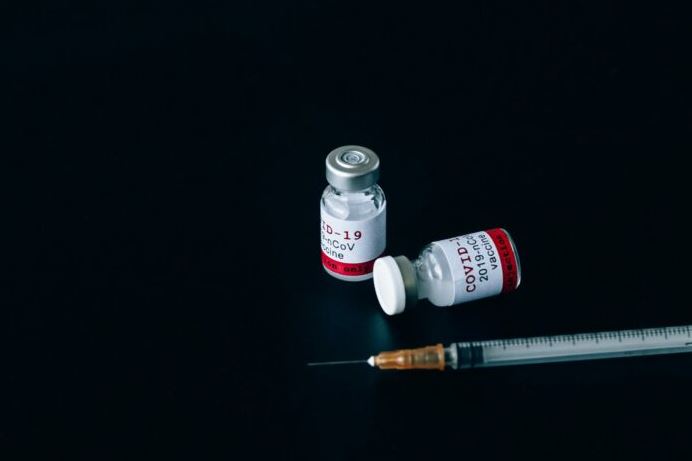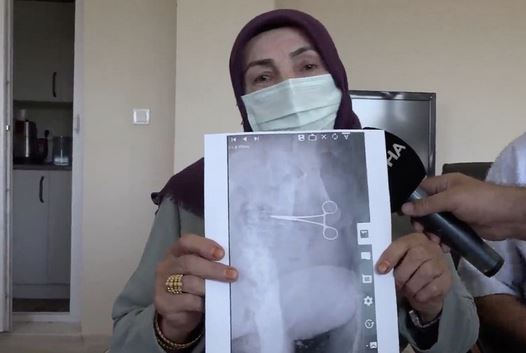Are Scientists Making an HIV Vaccine from Covid Shots?
Early data from a clinical trial on a potential HIV vaccine is showing promising results.
While researchers and scientists were racing to create a Covid-19 vaccine, other experts used the same mRNA technology to see if it could be applied to other diseases.
The technology uses lipid nanoparticles to deliver tiny bits of nucleic acid that gives the body instructions on making proteins that can produce antibodies to fight a specific pathogen.
For a long time, scientists have thought this technology could be applied to HIV, but it wasn’t until now that the theory has started to show results.
The International AIDS Vaccine Initiative and The Scripps Research Institute has been looking at an HIV vaccine based off the Covid-19 vaccine developed by Pfizer-BioNTech and Moderna.
In Phase I clinical trials, the vaccine has shown to be 97 per cent effective against the virus.
HIV has been around for more than 30 years, but scientists have not been able to find a cure.
While scientists have developed anti-retroviral medication, they have never been able to come up with a working vaccine. Scientists have been stumped by the virus’ ability to mutate so rapidly.
But they now have more hope than ever.
Dr. William Schaffner, a professor of preventative medicine and infectious diseases at Vanderbilt University in Nashville said, “These are very early studies. But nonetheless, they are provocative. This is a very innovative approach to developing a vaccine that hasn’t been done before…[it’s] kind of a culmination of 21st century science.”
“This study demonstrates proof of principle for a new vaccine concept for HIV, a concept that could be applied to other pathogens, as well,” he added.
Dr. William Schief, a professor and immunologist at Scripps Research, is hopeful this will pave a new path in the fight against the virus that affects 38 million people around the world.
“This study demonstrates proof of principle for a new vaccine concept for HIV, a concept that could be applied to other pathogens as well,” he said in a statement.
“With our many collaborators on the study team, we showed that vaccines can be designed to stimulate rare immune cells with specific properties and this targeted stimulation can be very efficient in humans. We believe this approach will be key to making an HIV vaccine and possibly important for making vaccines against other pathogens.”
Only 48 people were a part of the Phase I trial, but it’s hoped many more will participate in later trials.









Recent Comments